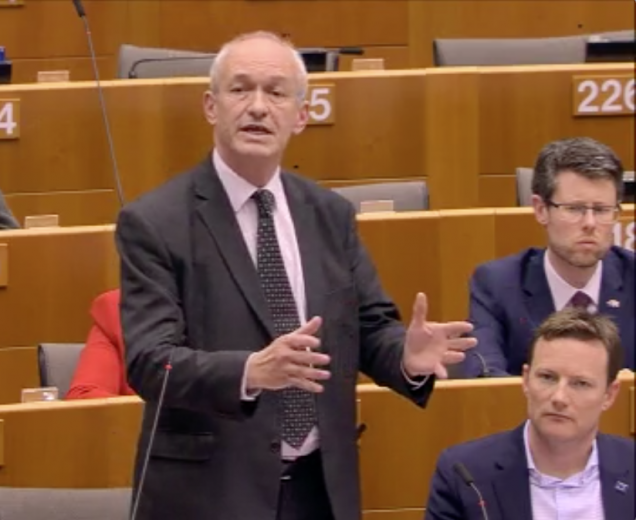On the EU, there is scarcely a politician of any mainstream party who isn’t saying “reform!”.
But what reforms? There’s no agreed cross-party reform agenda in the UK, nor is there an agreed a coalition one. There isn’t even a single Tory agenda, given the deep divisions on Europe in the Conservative party.
Nonetheless, the Tories have proclaimed that they will propose, negotiate and complete a set of (as yet unspecified) reforms between 2015 and 2017 and then hold a take-it-or-leave-it referendum. In this referendum, unless you actually want Britain to walk out of the EU, you would have to vote for Cameron’s renegotiated version of it, whatever that turns out to be. (I’ve commented before that Cameron’s strategy amounts to two rounds of blackmail, first of fellow EU members, then of the British voters.)
So let’s look more closely at what reforms Cameron could seek and secure.
With regard to our European partners, it’s clear that reforming legislation is easier to achieve than making changes to the EU treaties. Treaty changes need unanimous agreement, followed by ratification in every single country. This would be an enormously complex process, and the chance of completing it according to Cameron’s invented timetable is next to nil.
Nor, actually, is treaty change necessary. The two areas where it’s most frequently mooted are (1) to end the right of free circulation and (2) to scrap the treaty preamble’s reference to “ever-closer union”. Both are red herrings:
- There is no prospect of finding consensus on scrapping free movement and the right to work in another country as a treaty principle. That doesn’t mean that nothing can can be done about how it is applied. But much of that is actually a matter for domestic action and legislation within Britain (requiring agencies to advertise locally, enforcing the minimum wage to avoid undercutting, adjusting qualification periods for certain benefits, and so on). And what can’t be done nationally can be done by revising European legislation rather than the treaty.
- As for ever-closer union, the agreed full text says: “ever closer union among the peoples [not the states!] of Europe, in which decisions are taken as closely as possible to the citizen in accordance with the principle of subsidiarity”. This text, far more nuanced than Cameron wants to pretend, was actually negotiated by the Conservative government of John Major. Anyway, it’s a declaratory preamble which has no legal effect — yet modifying it would require a treaty change, which every country would have to ratify. As as the Kosmopolito blog points out, not only is there no appetite for opening up this immensely complex constitutional process simply to change symbolic language, but the fight has already been won.
Instead, reform should be about changing the policies that are contained in ordinary EU legislation. But again, this battle has already been won. Most EU legislation these days is about revisiting old agreements to update, improve or repeal them. This is not a one-off, and it’s not going to stop in 2017. The EU simply is a non-stop process of reform.
The bulk of this legislation is about setting common rules for the common market. Differences of opinion on them are often left/right rather than national: do we want stronger consumer protection rules, or should we leave it to the market? Do we want tougher environmental standards at greater cost, or not? Rarely does everyone in one country give one answer and everyone in another the opposite. These divisions are political rather than national.
If the Tory agenda is to weaken EU market rules that protect vulnerable workers, consumers, the environment or health, they will be playing partisan politics, not defending British interests. They will get neither domestic support from other parties, nor sympathy from other countries. Of course, they will claim that they are simply trying to claw back an over-active EU which has over-regulated in these fields. But, as I will explain in an upcoming blog entry, with very few exceptions this claim does not stand up.
So what reforms should we be asking for? A serious reform of key EU policies would focus on changes that are in the general interest (unilateral opt-outs are another red herring) such as further CAP reform (linking farm subsidies to public goods and capping support to landowners), cooperation on fighting tax avoidance by multinational corporations, deepening the single market in energy, pooling resources on research programmes, strengthening the protection of consumers, workers and the environment in the single market, and so on.
None of these reforms would require treaty change, and importantly, they are far more achievable through constructive engagement with our partners. But, as we have seen in recent months, constructive engagement is a tall order for the Conservatives, and something where only Labour is likely to deliver.







One Comment
One Ping
Pingback: How to improve scrutiny - Richard Corbett